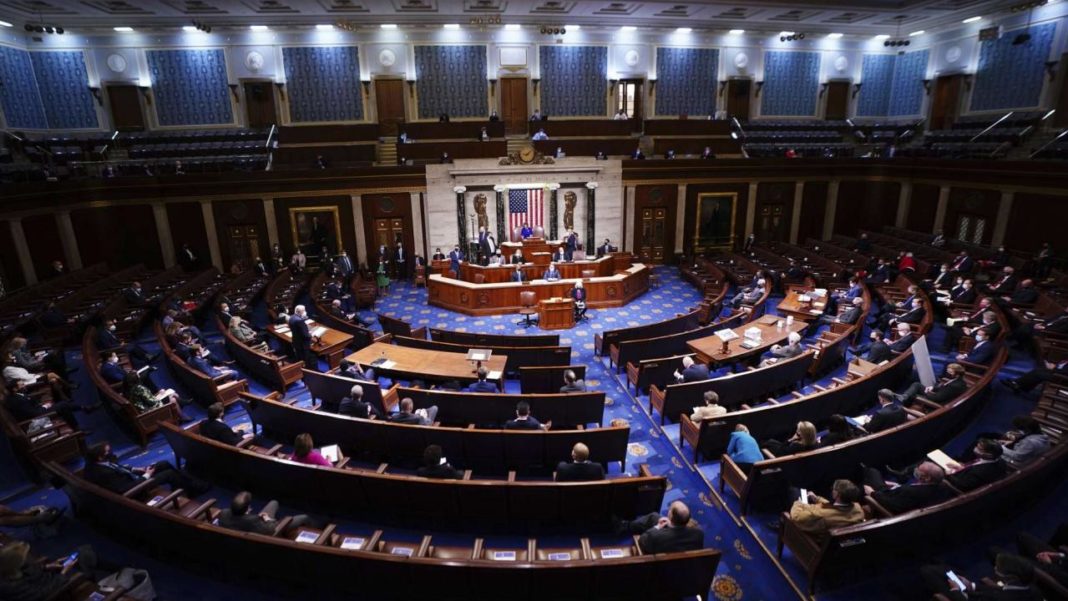A US congressional committee on Wednesday passed a bill that provides in principle financial compensation for the restoration of slavery in the United States , in a first historic vote in a country still characterized by racial discrimination.
The text was adopted by the House Judiciary Committee with 25 votes to 17, with Democrats all voting in favor and Republicans all against.
The lower house of Congress, where Democrats have a majority, will then have to pass the bill in plenary, on an unspecified date. But the fate of the bill is uncertain in the Senate, where it will have to be voted on by at least ten Republicans to be finally adopted , according to the French Agency and the Athens News Agency.
The bill provides for the creation of a committee of experts to be tasked with formulating government compensation for the descendants of some four million Africans forcibly deported to the United States from 1621 to 1865, the year slavery was abolished.
The bill attacks “the injustice, cruelty, cruelty and fundamental inhumanity of slavery” and the inequalities that the black minority in the United States still suffers from today.
This “historic” vote aims to “continue a national debate on how to deal with African-American ill-treatment during slavery, racial segregation and structural racism that is still endemic to our society.” , said before the vote the chairman of the Committee on Judicial Affairs, the Democrat Jerry Nadler.
Democratic African-American MP Sila Jackson Lee urged her colleagues not to “ignore the pain, history and prudence of this committee.”
Democrat President Joe Biden himself, who met with African-American lawmakers in Congress on Tuesday, “pledged” to support the bill, Jackson Lee said.
But Republicans on the committee, while acknowledging the brutality of slavery, oppose the bill.
“It takes us away from the important dream of judging someone for the content of their personality and not for the color of their skin,” said Republican MP Chip Roy.
The legislation, a first version of which was drafted nearly 30 years ago, came to the fore after the deaths of African Americans during police operations prompted the United States to think more about its slavery past and the multiple discrimination against the black minority. which constitutes almost 13% of the population.
Local initiatives
Despite advances in the civil rights struggle of the 1960s, fewer African-Americans are still earning a degree, their social security is less good, and they live less than whites. They are also imprisoned in disproportionate proportions, compared to the rest of the American population.
In 2019, the average annual income of a black household was $ 43,771, compared to $ 71,664 for a white household, according to official statistics.
A group of 13 experts will have to propose compensation “for the institution of slavery and racial and economic discrimination against African Americans”.
These experts should make recommendations on how this compensation will be calculated, what form it should take and who will receive it.



